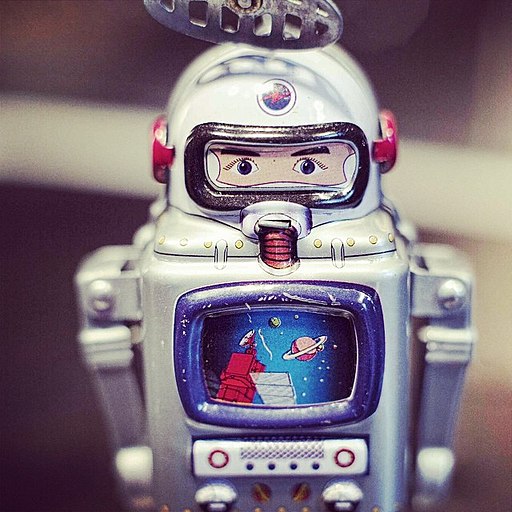Could Loneliness Shorten a Life?
 Study says feeling this way raised risk of early death by 26 percent
Study says feeling this way raised risk of early death by 26 percent
By Alan Mozes
HealthDay Reporter
Loneliness has long been associated with poor mental health, including depression. But a new study suggests social isolation may harm physical health, too, and even hasten death.
The findings are based on a review of data from dozens of studies involving more than 3 million people.
“People don’t commonly think of social factors when they think of health,” said study co-author Timothy B. Smith, a professor in the department of psychology at Brigham Young University in Provo, Utah. “We think of things like exercise, blood pressure and taking cholesterol medication. But it turns out that social isolation is actually more predictive of death than any of those three things.”
[do_widget id=text-16]
Smith and his colleagues published their findings this month in Perspectives on Psychological Science.
One expert noted that loneliness is an emotional state, first and foremost.
“Loneliness is about the perception of being lonely, not the act of being alone,” said Lisa Jaremka, assistant professor of psychological and brain sciences at the University of Delaware in Newark. “So, all of the research in this area is about people who feel lonely, regardless of their actual social network.”
“There are people who are regularly in contact with other people who are really lonely, and there are also people who don’t physically see other people very often, but don’t feel lonely at all,” Jaremka said.
The new research focused on 70 studies completed between 1980 and 2014, all of which explored how loneliness, social isolation and/or living alone affects longevity. Study participants averaged 66 years of age, and about a third struggled with some type of chronic illness.
While the data review couldn’t prove cause and effect, it did find a strong association between loneliness and the risk for dying sooner rather than later.
 Specifically, Smith’s team calculated that social isolation — having few or no social contacts or activities — upped the risk for dying sooner by 29 percent.
Specifically, Smith’s team calculated that social isolation — having few or no social contacts or activities — upped the risk for dying sooner by 29 percent.
The feeling of being lonely — whether or not a person did have social contacts — was also linked to a 26 percent higher risk for an earlier death.
The effect was similar for men and women, and the link between loneliness and earlier death was actually stronger for those under the age of 65 compared to older people. Having to cope with a physical health problem also magnified the effect, the study found.
What is it about loneliness that could shorten lives?
“It will take a decade of more research to ferret that out,” said Smith. Still, he offered a few theories, including poorer immune function, a drop in healthy-oriented behaviors, and a simultaneous rise in risky behaviors such as drug or alcohol abuse, driving aggressively or not wearing a seat belt.
Smith agreed with Jaremka that “living alone and loneliness are actually only moderately correlated. Which means you can be around people all the time but still feel very, very lonely.”
That doesn’t mean that folks who happily live alone are completely off the hook, however. In fact, the study found that people who lived alone had a 32 percent higher risk of an earlier death than those who lived with another person.
“Even if you live alone but don’t feel lonely, you may still experience a negative impact on your health,” Smith said. “Because it turns out that we are literally wired to be social beings, and our immune system and our stress response just function better when we are in a collective. It turns out that we are basically healthier when we are social.”
Jaremka agreed. “People have a very basic and fundamental need to feel connected to and cared for by other people,” she said. “Lonely people are lacking in this area. They aren’t fulfilling this basic need, and thus, negative things happen as a result.”
Her advice: “Reach out to any existing friends or family members and try to deepen those relationships, even if it feels a little uncomfortable or awkward. Friends and family members should also make sure to try and have meaningful contact with anyone they know who is lonely.”
More information
For more information on loneliness, see the Calouste Gulbenkian Foundation.
SOURCES: Timothy B. Smith, Ph.D., professor, department of psychology, Brigham Young University, Provo, Utah; Lisa M. Jaremka, Ph.D., assistant professor, department of psychological and brain sciences, University of Delaware, Newark; March 1, 2015,Perspectives on Psychological Science
Last Updated: March 17, 2015
Copyright © 2015 HealthDay. All rights reserved.


